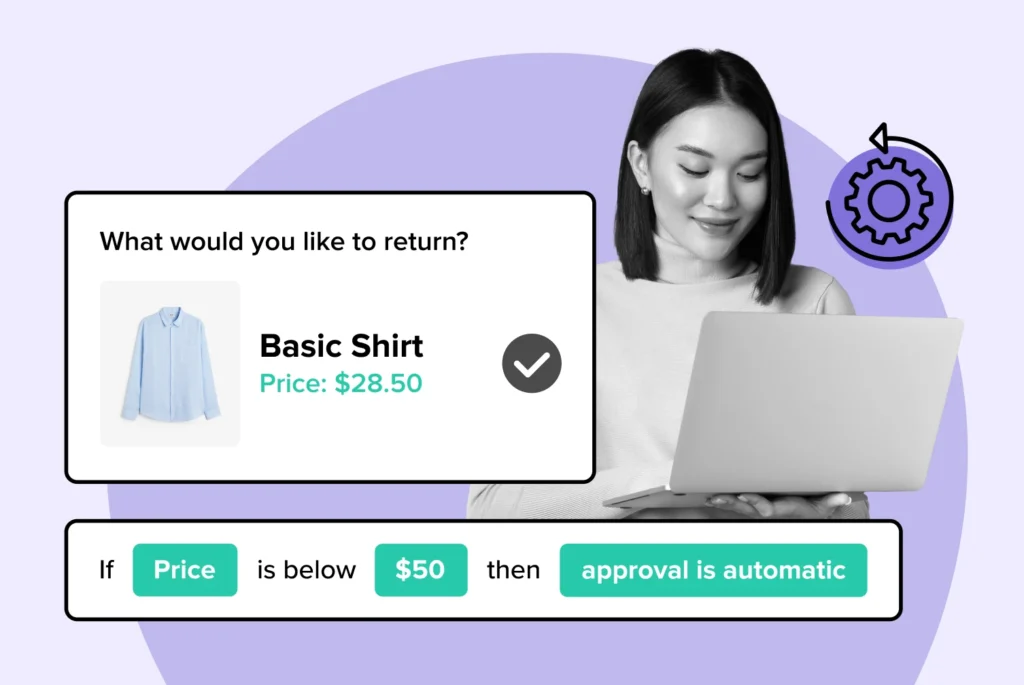
Maximizing Ecommerce Customer Support with Automation
Keep your brand thriving when the market is strained: adapt your marketing, streamline operations, and enhance customer retention!
Shipping, Tracking & Notifications
Boost customer experience and reduce support tickets
Realtime order and shipment tracking
Proactive order and shipping notifications
AI-Enhanced Discounted Labels
Predictive pre-purchase estimated delivery dates
Self-Serivce branded order tracking
Effortless experience delivered
Identify and Resolve Order Issues
Realtime order and shipment tracking
Make returns profitable and delight customers
Flexibility to define any return destinations & conditions
Simplify returns for your customers and team
Incentivize exchanges over returns
Returns management made easy for your team
Returns management made easy for your team
Easy claims and smart upsells
Understand why your customers are returning
In-Store & Curbside Pickup
Unify the online and the in-store experience
Hassle-free pickup experience for customers
In-Store dashboard to keep operations streamlined
In-Store and Online orders unified
Drive foot-traffic to your stores
Shipping, Tracking & Notifications
Boost customer experience and reduce support tickets
Realtime order and shipment tracking
Proactive order and shipping notifications
AI-Enhanced Discounted Labels
Predictive pre-purchase estimated delivery dates
Self-Serivce branded order tracking
Effortless experience delivered
Identify and Resolve Order Issues
Realtime order and shipment tracking
Make returns profitable and delight customers
Flexibility to define any return destinations & conditions
Simplify returns for your customers and team
Incentivize exchanges over returns
Returns management made easy for your team
Returns management made easy for your team
Understand why your customers are returning
In-Store & Curbside Pickup
Unify the online and the in-store experience
Hassle-free pickup experience for customers
In-Store Dashboard to keep operations streamlined
In-Store and Online orders unified
Drive foot-traffic to your stores
Boost customer experience and reduce support tickets
Realtime order and shipment tracking
Proactive order and shipping notifications
AI-Enhanced Discounted Labels
Predictive pre-purchase estimated delivery dates
Self-Serivce branded order tracking
Effortless experience delivered
Make returns profitable and delight customers
Flexibility to define any return destinations & conditions
Simplify returns for your customers and team
Incentivize exchanges over returns
Returns management made easy for your team
Equip your team for precise return checks.
Easy claims and smart upsells
Understand why your customers are returning
Unify the online and the in-store experience
Hassle-free pickup experience for customers
In-Store Dashboard to keep operations streamlined
In-Store and Online orders unified
Drive foot-traffic to your stores
Find the answer to all your questions
Take a step by step trip through our functionality to see how we can improve your ecommerce processes.
Explore the most comon questions about WeSupply
Calculate the ROI that WeSupply can bring you
Read actionable articles on how to optimize your post-purchase experience and decrease support tickets
Get inspired by stories of how our customers implemented an effortless post-purchase experience
Wondering if WeSupply is a good fit for you? Read through our use cases to see how we can help you increase conversion & improve CX!
A Deep Dive into Top Companies' Order Tracking & Returns Strategy
Find the answer to all your questions
Explore the most comon questions about WeSupply
Calculate the ROI that WeSupply can bring you
Request a no strings attached review of your current shopping experience and missed conversion opportunities
Take a step by step trip through our functionality to see how we can improve your ecommerce processes.
Read actionable articles on how to optimize your post-purchase experience and decrease support tickets
Get inspired by stories of how our customers implemented an effortless post-purchase experience
A Deep Dive into Top Companies' Order Tracking & Returns Strategy
Wondering if WeSupply is a good fit for you? Read through our use cases to see how we can help you increase conversion & improve CX!
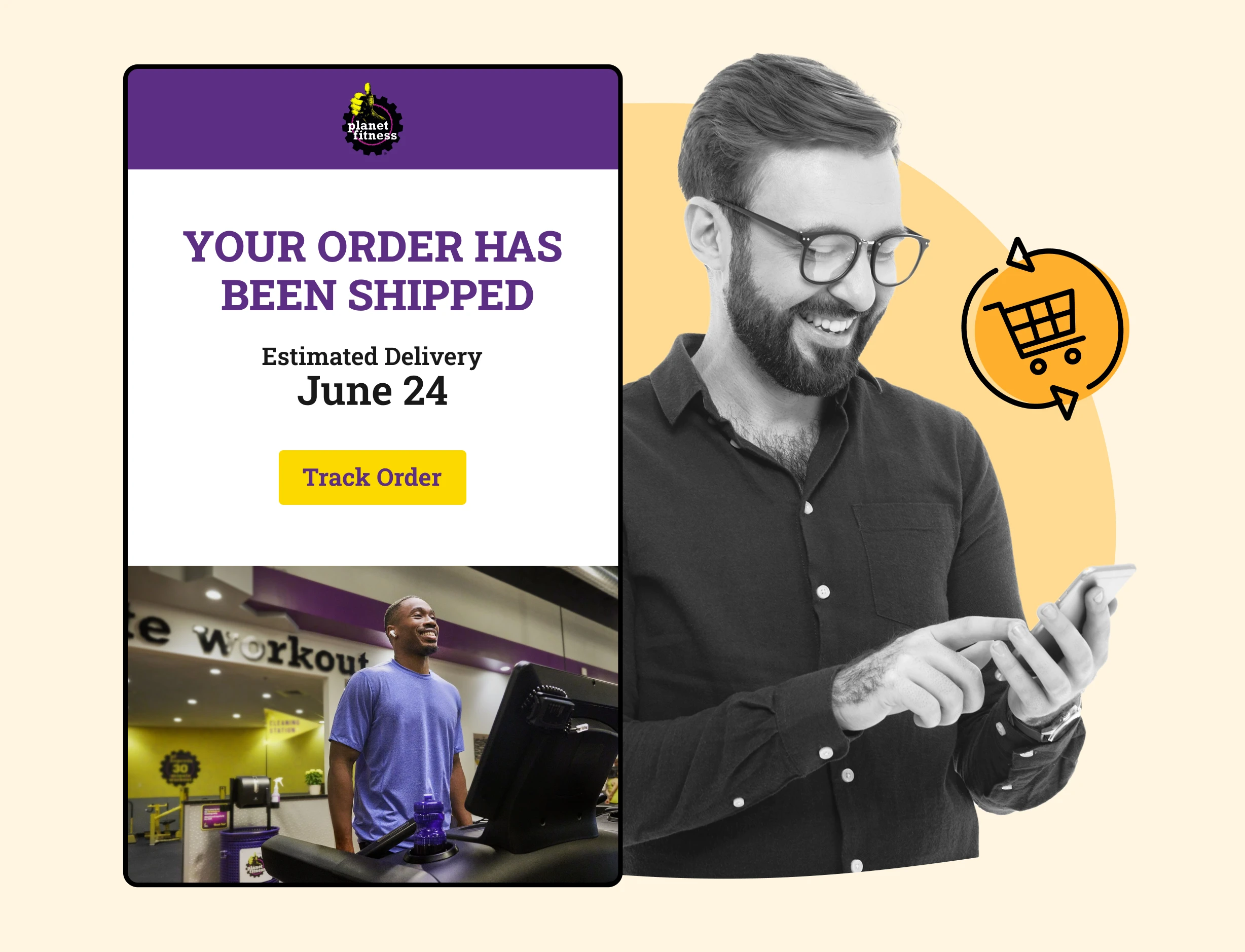
Post purchase dissonance, the second-guessing after a sale, isn’t just uncomfortable; it’s a business challenge. Addressing why it happens and how to handle it isn’t just good practice—it’s essential for customer retention. In the following sections, we’ll tackle the root causes and provide evidence-based strategies to alleviate dissonance, ensuring a smooth customer journey.
Post-purchase dissonance is a psychological discomfort after a purchase, leading to returns, brand reputation damage, and customer churn, often triggered by high involvement decisions or unrealistic expectations.
Businesses can reduce post-purchase dissonance by managing customer expectations, improving communication, offering straightforward returns, empowering customers with information, and crafting memorable unboxing experiences.
Leveraging customer feedback to make improvements, building loyalty programs, and integrating dissonance reduction strategies into the ecommerce strategy are crucial to enhance customer satisfaction and loyalty for long-term success.
WeSupply leads in addressing post-purchase dissonance, pivotal for satisfaction and loyalty. Leveraging omnichannel tracking and proactive communication, businesses manage expectations seamlessly. Features like predictive delivery dates, self-service returns, and automated alerts ensure transparency. Integrated analytics, including Returns Analytics, adapt to trends and optimize operations. With a focus on CSAT and NPS, WeSupply empowers continuous refinement, driving satisfaction and fostering long-term relationships. Ready to elevate your post-purchase journey? Let’s get started with WeSupply!
In the realm of ecommerce, experience post purchase dissonance refers to the psychological discomfort a customer experiences when they second-guess their purchase decision, which is often a result of post purchase cognitive dissonance. This often occurs when a product fails to meet customer expectations or when customers feel they could have gotten a better deal elsewhere. The causes of post-purchase dissonance can be multifaceted, ranging from high involvement purchases and ambiguity to unrealistic expectations.
Increased return rates, damaged brand reputation, and customer churn are significant impacts on businesses. Thus, any successful ecommerce business must understand and effectively manage post-purchase dissonance.
In simple terms, post-purchase dissonance occurs when a customer feels regret, guilt, or anxiety after making a purchase. It’s an emotional response that can lead to dissatisfaction and a decrease in customer loyalty. This dissonance is often amplified when the purchase involves a significant amount of money or when the decision was made impulsively.
Chances of experiencing post-purchase dissonance increase with the customer’s involvement in the purchase decision.
Post-purchase dissonance can be triggered by several factors, including:
High involvement purchases, where a considerable amount of time and effort is spent making a decision
Purchases that involve a significant amount of money
Purchases that are seen as a reflection of the buyer’s identity
These factors tend to lead to higher dissonance.
Ambiguity or lack of clear information about the product can also lead to dissonance as it leaves room for doubt. Unrealistic expectations set by exaggerated claims or false advertising can lead to a significant difference between expected and actual performance, resulting in dissonance.
Post-purchase dissonance can have a substantial negative impact on businesses. Some consequences of experienced dissonance include:
Lower customer retention rates, as customers are less likely to repeat purchases
Negative word-of-mouth, as customers may share their negative experiences with others, damaging the business’s reputation
Increased returns, adding to the operational costs of the business
In the worst-case scenario, high levels of post-purchase dissonance can lead to customer churn, where customers stop doing business with the company altogether. Hence, businesses should focus on mitigating post-purchase dissonance and enhancing the post-purchase experience for their customers.
Reducing post-purchase dissonance requires a holistic approach that addresses various aspects of the customer experience. This includes:
Setting realistic customer expectations
Improving communication
Streamlining returns and exchanges
Empowering customers to make informed decisions
Providing comprehensive product information
Encouraging social proof
Offering comparison tools
Crafting memorable unboxing experiences
Adopting these strategies can help businesses enhance customer satisfaction, increase customer retention, and ensure long-term success.
Setting realistic expectations is the first step in managing post-purchase dissonance. This involves being transparent about the product’s features, benefits, and limitations. It’s about making sure customers know exactly what they’re getting before they make a purchase. By doing this, businesses can prevent disappointment and the consequent dissonance that arises when a product fails to meet inflated expectations.
This strategy not only results in making customers happy but also aids in building trust, a fundamental factor for customer loyalty and retention.
WeSupply leverages a suite of tools designed to manage customer expectations effectively and reduce post-purchase dissonance. By integrating predictive pre-purchase estimated delivery dates, WeSupply sets appropriate expectations from the start, boosting conversion rates and establishing long-term trust through transparent communication about order arrival times. Furthermore, its eCommerce order tracking system organizes, automates, and improves operations by answering the critical customer service question, “Where is my order?” This feature, coupled with proactive delivery notifications, ensures customers are kept in the loop with real-time updates, mitigating anxiety and increasing brand loyalty through exceptional service.
Key Features:
Ecommerce Order Tracking: Provides detailed tracking information and shipment updates to answer common customer inquiries.
Proactive Delivery Notifications: Keeps customers informed about their order status, including any delays or changes, to avoid unnecessary customer service contacts.
Ready to transform your post-purchase experience? Book a demo with WeSupply today and see how easy it is to exceed customer expectations and boost your brand loyalty!
Communication is key in reducing post-purchase dissonance. Proactive post-purchase communication, such as follow-up emails and SMS notifications, can help reassure customers that their purchase is being processed and will reach them soon. Similarly, being responsive to customer inquiries and providing timely updates can put customers at ease and make them feel supported by the brand.
Customers who feel more informed and involved are less likely to experience dissonance.
WeSupply empowers businesses to enhance their post-purchase communication strategies, thereby reducing dissonance and driving customer satisfaction. By leveraging proactive return notifications through email and SMS, WeSupply ensures customers are well-informed about return processes, capitalizing on the high open rates of up to 98. Moreover, businesses can offer personalized deals and incentives through these channels, fostering customer loyalty and encouraging repeat purchases. With WeSupply, businesses can eliminate the need for follow-up phone calls, reaching out to customers first and streamlining the post-purchase experience effectively.
A hassle-free return and exchange policy is another effective strategy for reducing post-purchase dissonance. By making the return process easy and straightforward, businesses can reassure customers that they will be supported even if the product doesn’t meet their expectations. This not only alleviates potential dissonance but also builds trust and confidence in the brand, leading to greater customer satisfaction and loyalty.
WeSupply revolutionizes the post-purchase experience by streamlining returns and exchanges, effectively reducing dissonance and fostering customer loyalty.
Key Features:
Self-Service Returns Process: Empower customers with control over returns.
Flexible Returns Rules: Customize return policies for diverse use cases.
Autogenerated QR Code Return Labels: Simplify the returns process without printing labels.
Returns Tracking: Allow customers to monitor return status easily.
High-Open-Rate Notifications: Keep customers engaged with email and SMS updates.
Seamless Integrations: Connect with third-party tools for enhanced efficiency.
Ready to revolutionize your post-purchase experience? Let’s get started with WeSupply and turn returns and exchanges into opportunities for customer delight!
Just like in the case of Evereve, where the surge in online shopping during the pandemic resulted in a staggering increase in returns, companies are grappling with unsustainable return rates. Evereve recognized this challenge and invested efforts in reimagining their returns process to turn it into a competitive advantage. By leveraging WeSupply’s technology and integrations, Evereve automated their returns process, enhancing visibility and streamlining operations. This proactive approach focused on self-service and return flexibility, resulting in significant cost savings and a streamlined customer experience. With WeSupply’s solutions, Evereve achieved instant satisfaction for customers and guaranteed sales, ultimately transforming returns into opportunities for growth. Through predictive analytics and automation, Evereve optimized their returns journey, cutting down costs and boosting employee productivity. WeSupply effectively addressed Evereve’s pain points, leading to improved performance and employee satisfaction.
Curious about how Evereve transformed their returns process into a competitive advantage? Dive into the full case study now!
Empowering customers to make informed decisions is crucial in reducing post-purchase dissonance. This involves providing comprehensive product information, including detailed descriptions, specifications, and high-quality images or videos. It also involves offering comparison tools that allow customers to compare different products based on their features and prices.
Providing comprehensive product information and comparison tools ensures that customers have all they need to make the right purchase decision, thus reducing the likelihood of dissonance.
Providing comprehensive product information is a key strategy for reducing post-purchase dissonance. Here are some elements to include in your product descriptions:
Clear title
Overview of features and benefits
Specifications
Design details
Visuals (such as images or videos)
Customer reviews
Information on warranties or guarantees
By including these elements, you can help customers make informed decisions.
High-quality visuals, such as images or demo videos, can give customers a better understanding of the product, increasing engagement and reducing the likelihood of dissonance.
Encouraging social proof, such as customer reviews and testimonials, can also help reduce post-purchase dissonance. Authentic customer feedback serves as a form of social proof that can reinforce the confidence of prospective customers and reduce their hesitation or doubt.
Displaying a mix of positive and less positive reviews signals transparency and demonstrates that businesses value customer feedback.
WeSupply seamlessly integrates with leading platforms like Loox, Okendo, Junip, and Reviews.io to leverage the power of social proof in reducing post-purchase dissonance. With Loox, businesses can drive sales by showcasing engaging user-generated content, including visual-centric reviews and referrals. Okendo enables the capture and display of high-impact customer reviews and user-generated content on websites, while Junip gathers reviews from multiple channels for quick display on storefronts. Additionally, Reviews.io facilitates the collection and showcase of genuine text and video reviews in under 10 minutes. By integrating these platforms, WeSupply empowers businesses to build trust, enhance credibility, and alleviate post-purchase concerns through authentic customer feedback.
Offering comparison tools can also help reduce post-purchase dissonance. These tools allow customers to compare different products based on their features, prices, and customer reviews, enabling them to make more informed decisions.
Comparison tools that facilitate informed decision-making can help prevent regret and dissonance that may arise from impulsive buying.
Crafting memorable unboxing experiences can significantly reduce post-purchase dissonance by ensuring the initial interaction with the product is positive and engaging. This could involve custom packaging, personalized touches such as handwritten notes, special messages, samples of other products, or promotional coupons.
Environmentally friendly shipping and packaging can also contribute to a positive perception of the brand and reduce dissonance related to environmental concerns.
Utilizing customer feedback can help businesses in the following ways:
Diminish post-purchase dissonance
Enhance the overall customer experience
Gain valuable insights into customers’ pain points
Make necessary improvements to products, services, and communication strategies
By collecting, analyzing, and implementing changes based on customer feedback, businesses can prioritize customer satisfaction and drive growth.
Utilizing customer feedback not only helps minimize post-purchase dissonance but also enhances customer satisfaction and loyalty.
Collecting customer feedback is a vital first step in reducing post-purchase dissonance. This feedback can be gathered through various methods, including:
Follow-up emails
Social media monitoring
Website heatmaps
Customer interviews
Surveys
Collecting feedback allows businesses to gain insight into customer satisfaction levels and identify areas needing improvement.
Analyzing feedback for insights involves:
Breaking down customer feedback into comprehensible and insightful information
Conducting sentiment analysis to detect positive or negative sentiment in the feedback
Performing keyword or aspect analysis to identify specific topics within the feedback
Conducting root cause analysis to understand the underlying causes of customer dissatisfaction.
Analyzing feedback provides businesses with valuable insights to inform strategies for improving customer satisfaction and reducing post-purchase dissonance.
Implementing changes based on feedback is a critical step in reducing post-purchase dissonance. This might involve making changes to the product, improving customer service, or revising communication strategies. By acting on customer feedback, businesses can ensure that changes are made based on actual customer opinions and experiences, rather than assumptions.
Acting on customer feedback not only helps reduce post-purchase dissonance but also enhances customer satisfaction and loyalty.
At WeSupply, we prioritize leveraging customer feedback for continuous improvement. We understand that analytics and data-driven decisions are fundamental to any successful business. Without tracking, improvement is impossible. To provide the best post-purchase experience, it’s crucial to measure efforts accurately. The platform equips businesses with tools to effortlessly track CSAT and NPS, allowing for real-time insights into customer sentiment. By fine-tuning and adapting to customer needs, businesses can cultivate loyalty and satisfaction. We recognize that challenges in retail are opportunities for growth, and by identifying areas for improvement, whether in order processing, product quality, or other factors, we empower businesses to optimize their operations and enhance customer experiences.
Building loyalty programs is an effective strategy for fostering long-term customer relationships and reducing post-purchase dissonance. Loyalty programs can take various forms, including points-based, tiered, and referral programs, and offer a range of benefits, such as increased customer retention, reduced dissonance, and enhanced brand reputation.
There are various types of loyalty programs that businesses can implement, including:
Points-based programs: These reward customers with points for each purchase, which can be redeemed for discounts or free products.
Tiered programs: These offer different levels of rewards based on the customer’s level of spending.
Referral programs: These incentivize customers to refer their friends or family to the business in exchange for rewards.
Each of these programs has its own advantages and can be chosen based on the business’s specific needs and goals.
Loyalty programs offer numerous benefits that can help reduce post-purchase dissonance and enhance customer satisfaction. They can increase customer retention rates, as customers are more likely to stick with a brand that rewards them for their loyalty. They can also enhance customer analytics by capturing purchasing habits and demographic information, which can inform targeted marketing campaigns.
Additionally, loyalty programs can improve brand recognition and discourage price-based competition by creating an emotional connection with the customer.
WeSupply specializes in build lasting customer relationships, by incentivizing exchanges and offering instant store credit, which helps businesses boost average order values while saving sales. With automated refunds to store credit, gift cards, or coupon codes, customers are encouraged to return and shop more frequently, fostering trust and loyalty. WeSupply ensures seamless exchanges that mimic the shopping experience, allowing customers to use store credit or gift cards as partial payment, ultimately increasing order value and enhancing customer lifetime value.
Incentivize exchanges over returns
Book a quick call with our experts to see how WeSupply can help you save sales through exchanges and boost the average order value using instant store credit.
For an effective reduction in post-purchase dissonance, ecommerce brands must integrate post-purchase practices into their overall strategy. This involves adopting a holistic approach that addresses various aspects of the customer experience, including:
Setting realistic expectations
Improving communication
Streamlining returns
Crafting memorable unboxing experiences
By implementing these practices, brands can enhance customer satisfaction and loyalty.
Effective management to prevent post purchase dissonance can help businesses mitigate post purchase dissonance, enhance customer satisfaction, increase customer retention, and ensure long-term success.
WeSupply integrates advanced strategies to minimize post-purchase dissonance seamlessly within ecommerce operations. Key features include:
Proactive Email & SMS Tracking Notifications: Provides timely updates on order status via SMS and email, tailored to customer preferences for high engagement.
Proactive Notifications for Delivery Updates: Keeps customers informed throughout the delivery process, fostering loyalty through continuous engagement.
Automated Alerts for Delivery Issues: Immediately notifies customers of any delivery-related problems, covering common issues like warehouse delays or adverse weather conditions.
Predictive Pre-Purchase Estimated Delivery Dates: Reduces shipping anxiety by providing clear delivery timeframes and incorporating expectations into logistical planning.
Self-Service Returns: Simplifies the return process with an intuitive interface, minimizing the need for manual processing and customer service interaction.
Automated Returns: Streamlines returns to minimize user error and enhance efficiency.
Experience the transformative power of WeSupply in elevating your post-purchase journey and driving unparalleled customer satisfaction. Book a demo today and witness the difference firsthand!
The future of post-purchase customer experience will be shaped by evolving consumer expectations and technological advancements. As consumers become more informed and demanding, businesses will need to continuously refine their strategies for reducing dissonance and enhancing post-purchase customer experience. This might involve leveraging advanced technologies, personalizing the customer experience, and adopting new approaches for managing customer expectations.
Staying ahead of these trends ensures that businesses are well-positioned to meet the future needs of their customers and succeed in the competitive ecommerce landscape.
WeSupply’s Returns Analytics empowers eCommerce businesses to adapt to consumer trends by analyzing return patterns and customer preferences. This tool identifies frequently returned items, reasons for returns, and serial returner behaviors, enabling data-driven strategies to lower return rates. By focusing on key metrics like CSAT and NPS, WeSupply helps businesses fine-tune their post-purchase experiences, aligning closely with evolving customer needs for enhanced satisfaction and loyalty.
In conclusion, for any ecommerce business aiming for long-term success, managing post-purchase dissonance is crucial. Understanding the causes and implementing effective strategies to prevent and reduce dissonance can enhance customer satisfaction, foster customer loyalty, and improve the bottom line.
As we look towards the future, it’s clear that businesses with an online store that prioritize the post-purchase experience will be better equipped to meet evolving customer expectations and navigate the complexities of the ecommerce landscape, ultimately encouraging future purchases.
To sum up, post-purchase dissonance is a significant factor that can affect customer satisfaction and loyalty in the ecommerce industry. By understanding its causes, businesses can implement effective strategies to prevent and reduce it. These strategies include managing customer expectations, improving communication, streamlining returns, and crafting memorable unboxing experiences. Businesses can also leverage customer feedback for continuous improvement and build loyalty programs to foster long-term customer relationships. Looking ahead, evolving consumer expectations and technological advancements will continue to shape strategies for managing post-purchase dissonance and enhancing the post-purchase customer experience.
WeSupply stands at the forefront of understanding and addressing post-purchase dissonance, recognizing its pivotal role in shaping customer satisfaction and loyalty. By leveraging omnichannel tracking and proactive communication, businesses can seamlessly manage customer expectations and minimize dissonance throughout the post-purchase journey. Our platform offers predictive pre-purchase estimated delivery dates, self-service returns, and automated alerts for delivery issues, ensuring a streamlined and transparent experience. Furthermore, WeSupply integrates advanced analytics, such as Returns Analytics, enabling businesses to adapt to consumer trends and optimize their operations effectively. With a focus on key metrics like CSAT and NPS, WeSupply empowers businesses to refine their post-purchase experiences continuously, driving heightened satisfaction and fostering long-term customer relationships in the dynamic landscape of ecommerce. Ready to elevate your post-purchase journey? Let’s start with WeSupply!
Combat inconvenience with proactivity & self service
Book a quick call with our experts to see how WeSupply can help you make returns easy for your customers with a beautiful, self-service solution that makes their experience easier while also providing new ways to lower costs and earn back revenue.
To prevent post-purchase dissonance, offer detailed information, set correct delivery/shipping expectations, provide seamless communication, and focus on product appearance and quality. Then, analyze what may go wrong to address any potential concerns promptly.
An example of post-purchase behavior is when a customer purchases a shirt online, receives it, and decides to return it for a refund or exchange if it doesn’t fit quite right.
Post-purchase dissonance is caused by cognitive dissonance, resulting from conflicting beliefs and attitudes. This leads to the feeling of regret after making a purchase.
WeSupply recognizes the importance of managing post-purchase dissonance and offers a range of features to mitigate it effectively. Our platform leverages omnichannel tracking and proactive communication to manage customer expectations seamlessly throughout the post-purchase journey.
WeSupply provides predictive pre-purchase estimated delivery dates, self-service returns, and automated alerts for delivery issues, ensuring a streamlined and transparent experience for customers. Additionally, our platform integrates advanced analytics, such as Returns Analytics, to adapt to consumer trends and optimize operations effectively.
By offering advanced analytics tools like Returns Analytics, WeSupply enables businesses to analyze return patterns, identify frequently returned items, and understand customer preferences better. This empowers businesses to adapt their strategies accordingly, reducing return rates and optimizing the post-purchase experience.
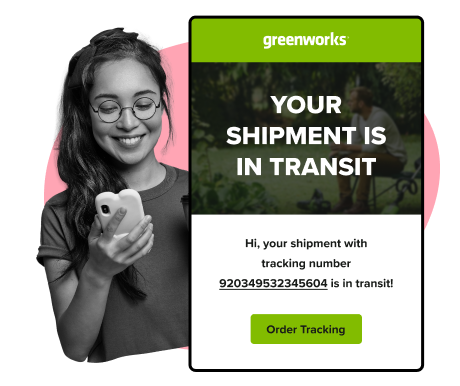
Learn How To Create Successful Post Purchase Email Campaigns
Build an effective post-purchase email flow that helps you increase customer satisfaction and drive revenue growth!

Keep your brand thriving when the market is strained: adapt your marketing, streamline operations, and enhance customer retention!
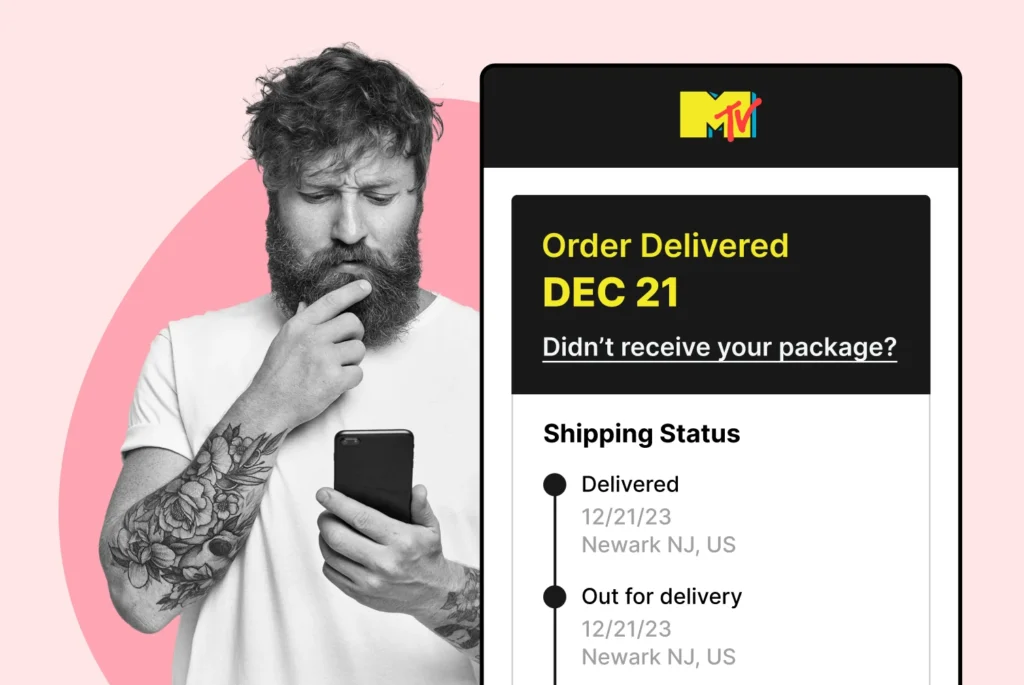
Let’s identify and dissect the best options ready to enhance your support system, with a focus on integration, experience, and scalability!

Let’s identify and dissect the best options ready to enhance your support system, with a focus on integration, experience, and scalability!
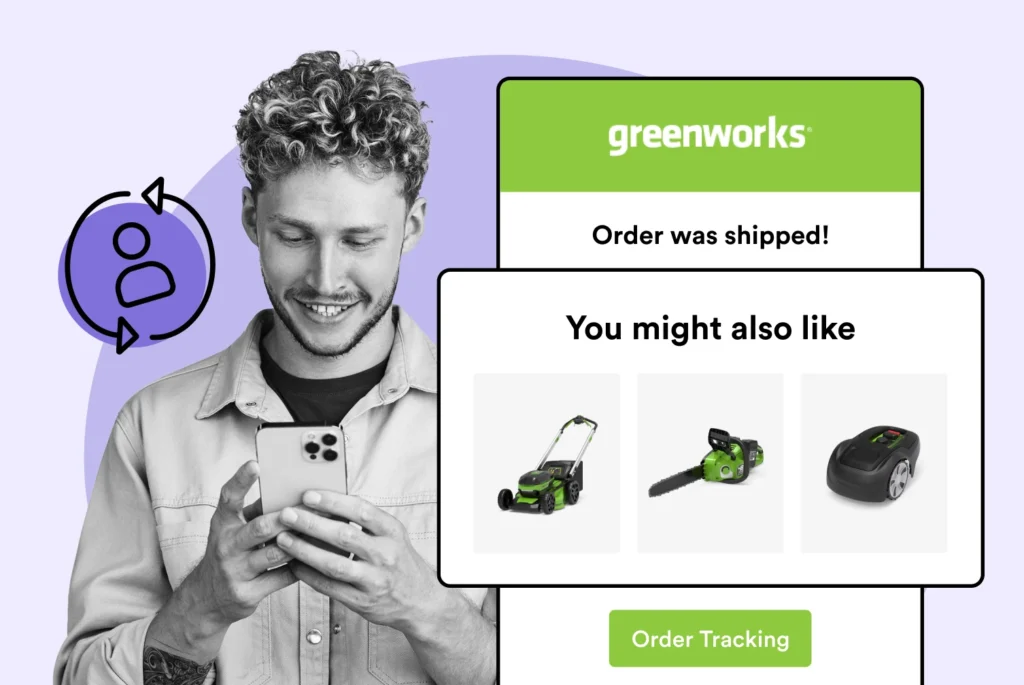
Keep your brand thriving when the market is strained: adapt your marketing, streamline operations, and enhance customer retention!
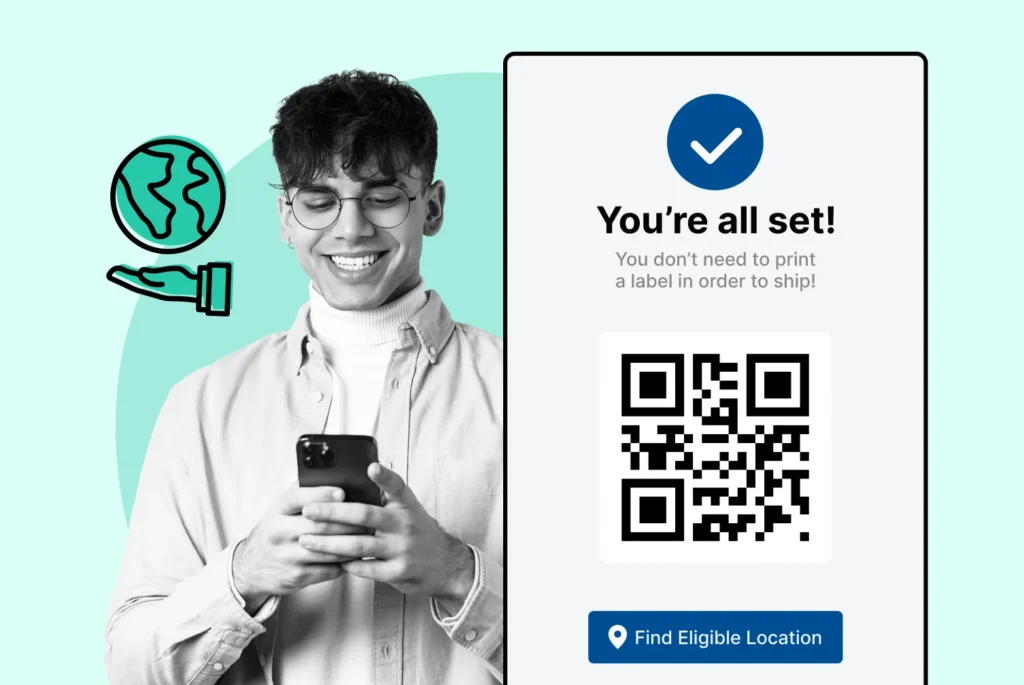
Discover tactics that satisfy both today’s buyers and tomorrow’s bottom line without compromising our planet’s health!
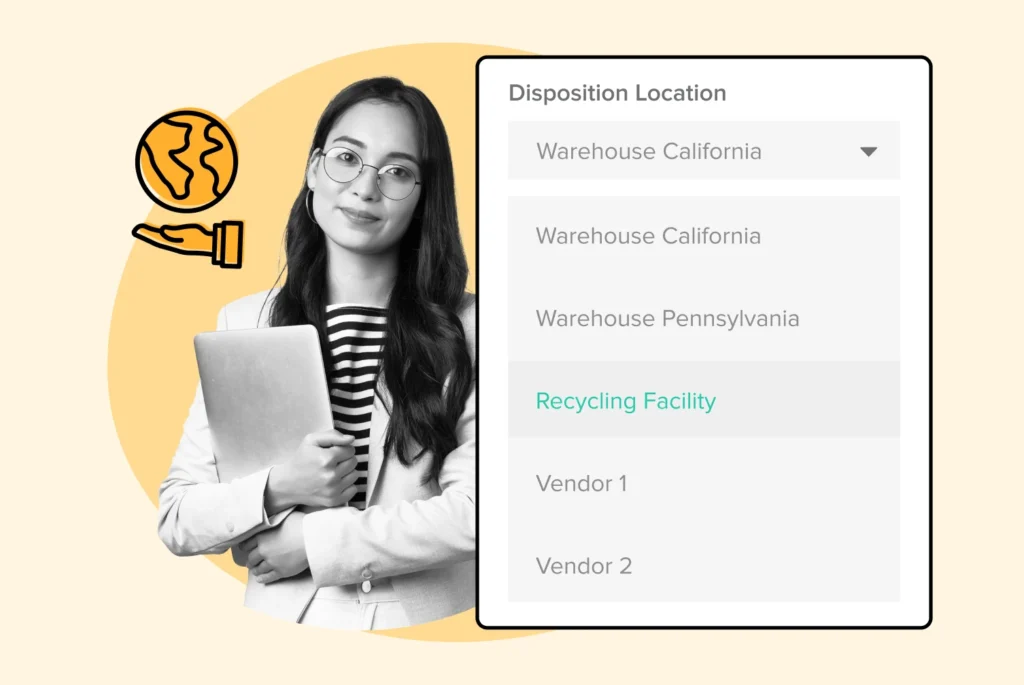
Revolutionize your business and lead the charge toward a greener e-commerce model: strategies for waste minimization & resource maximization!
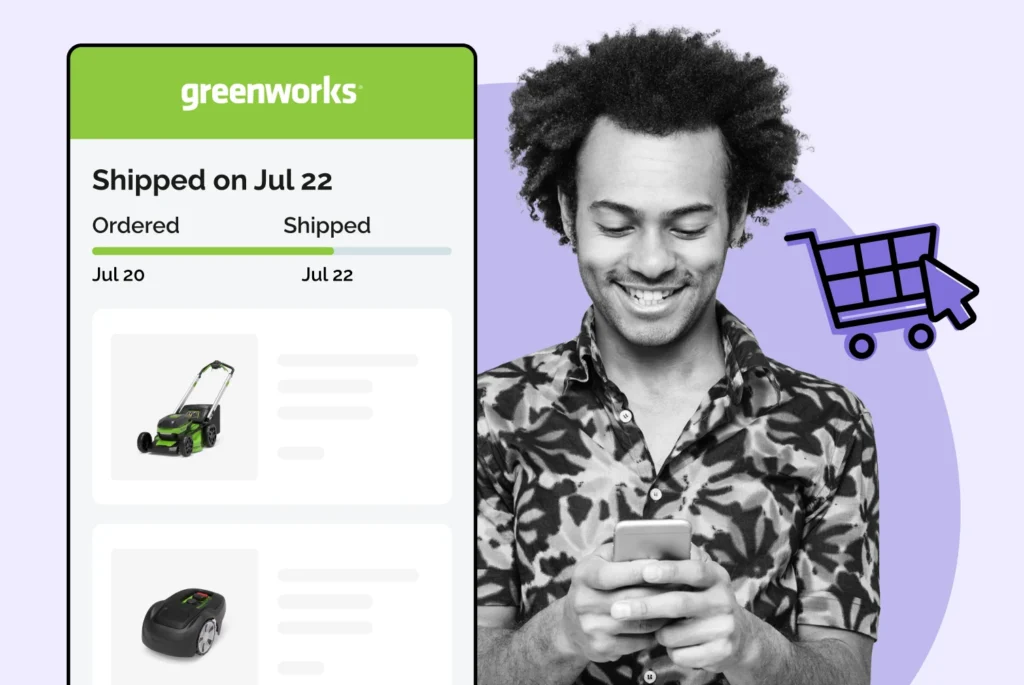
Understanding mobile shopping trends is pivotal in today’s retail ecosystem. Stay ahead of them to navigate the evolution of mobile shopping!
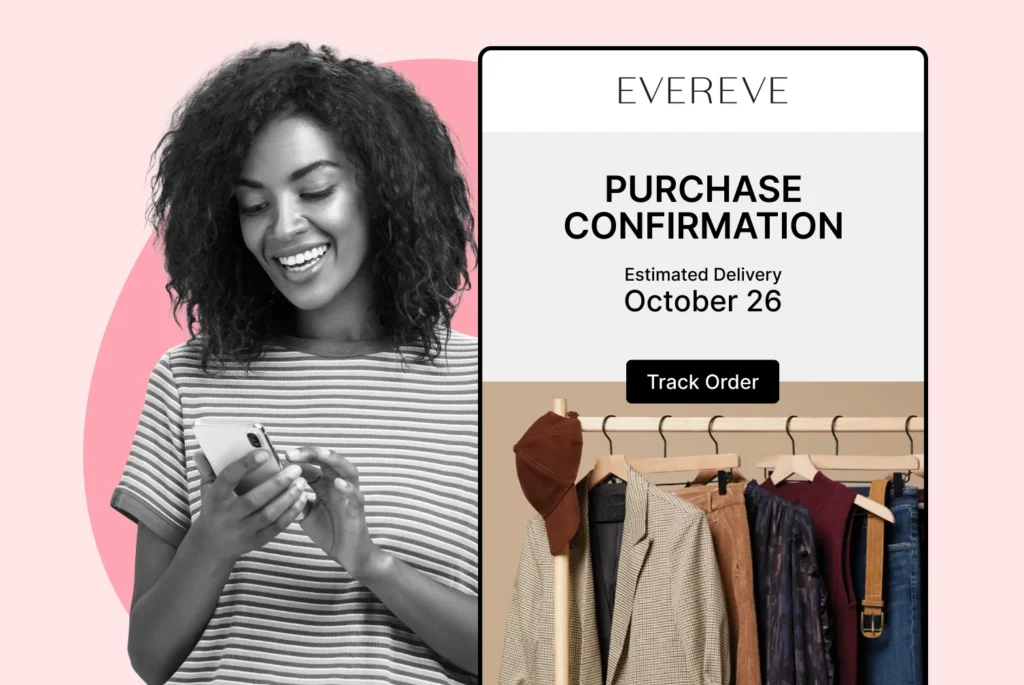
We’ll guide you through tactics that enhance loyalty and customer satisfaction, all while keeping your profit margins healthy!
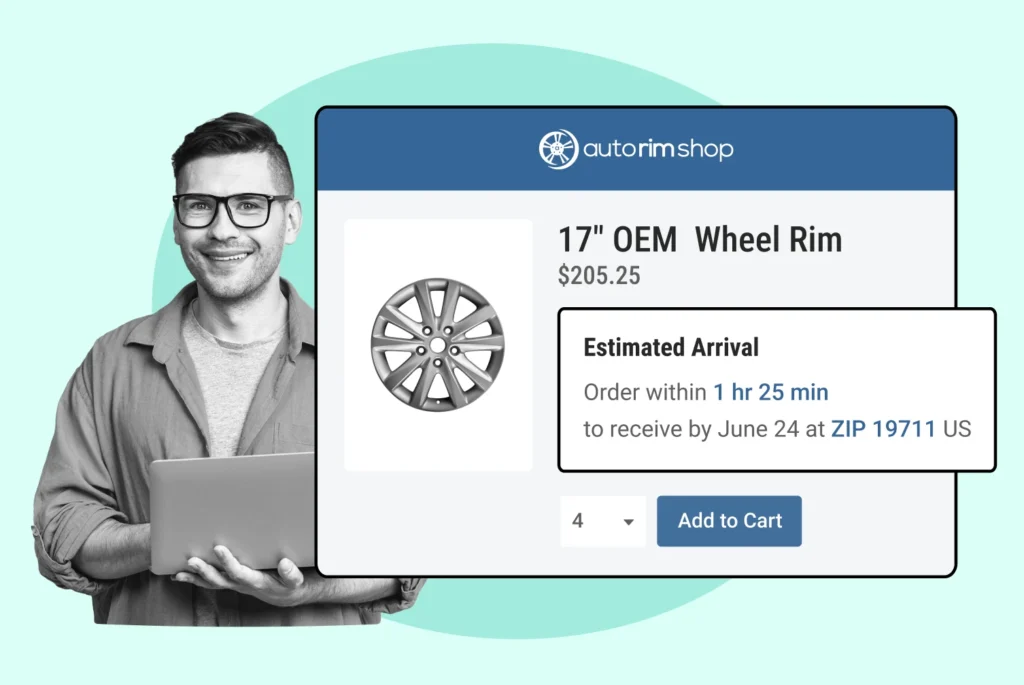
Turn your product pages into conversion engines: exceptional design, engaging content, smart SEO, and flawless mobile experience!